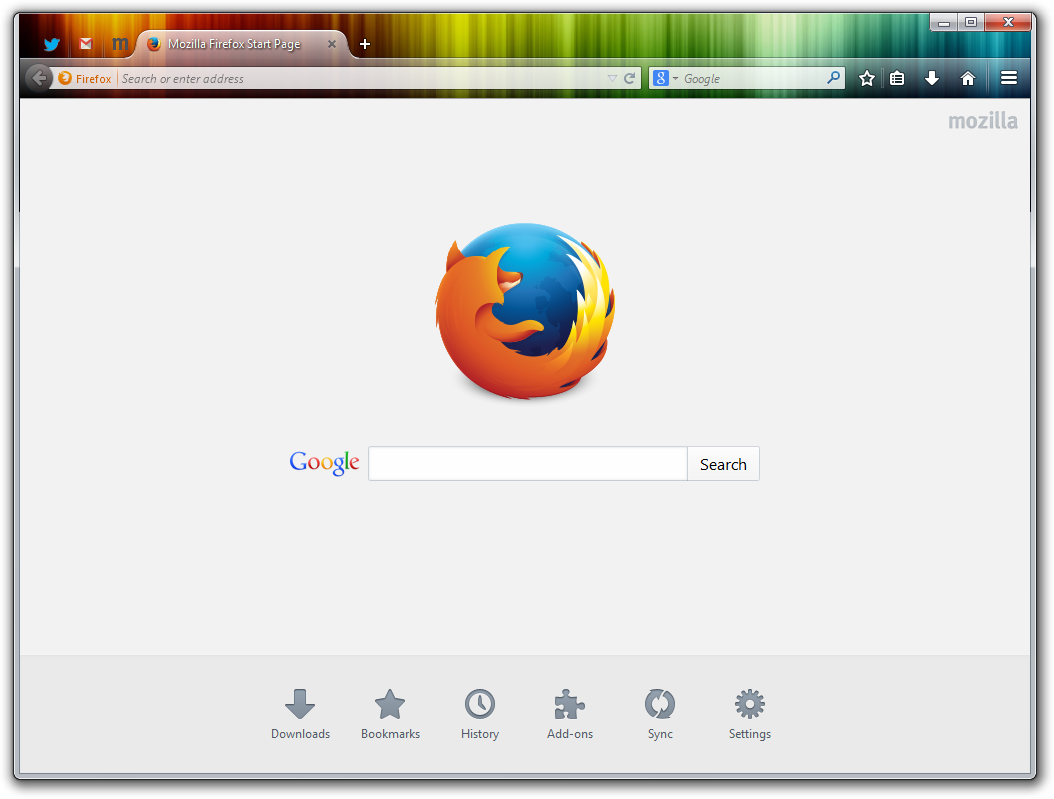 NEWS
NEWS
 NEWS
NEWS
 NEWS
NEWS
Mozilla Firefox, one of the most popular internet browsers in the world, is about to give Flash the boot, making Firefox yet another in a long line of platforms seeking to ditch Adobe’s notoriously unstable and insecure multimedia plugin.
According to Mozilla, Firefox will begin blocking Flash by default beginning in August, and the company explained that the benefits that Flash offers do not outweigh the problems it can cause.
“Browser plugins, especially Flash, have enabled some of our favorite experiences on the Web, including videos and interactive content,” Benjamin Smedberg, manager of Firefox quality engineering at Mozilla, said in a blog post. “But plugins often introduce stability, performance, and security issues for browsers. This is not a trade-off users should have to accept.”
“Mozilla and the Web as a whole have been taking steps to reduce the need for Flash content in everyday browsing. Starting in August, Firefox will block certain Flash content that is not essential to the user experience, while continuing to support legacy Flash content. These and future changes will bring Firefox users enhanced security, improved battery life, faster page load, and better browser responsiveness.”
Smedberg noted that crash rates for Firefox have been steadily dropping over the last year as more and more websites, including YouTube and Facebook, are switching to HTML5 instead of Flash. Other major multimedia sites are also beginning to make the transition from Flash to HTML5, including Twitch, the Amazon-owned videogame livestreaming platform.
Firefox is not the first browser to block Flash. For example, earlier this year, Google announced its own plans to eventually block Flash content in Chrome. Firefox itself has even temporarily blocked Flash in the past when a major security risk was discovered in the software.
While Firefox will soon block Flash permanently, Smedberg noted that users will generally not have any trouble accessing content.
“Over the past few years, Firefox has implemented Web APIs to replace functionality that was formerly provided only by plugins,” Smedberg said. “This includes audio/video playback and streaming capabilities, clipboard integration, fast 2D and 3D graphics, WebSocket networking, and microphone/camera access.”
Support our mission to keep content open and free by engaging with theCUBE community. Join theCUBE’s Alumni Trust Network, where technology leaders connect, share intelligence and create opportunities.
Founded by tech visionaries John Furrier and Dave Vellante, SiliconANGLE Media has built a dynamic ecosystem of industry-leading digital media brands that reach 15+ million elite tech professionals. Our new proprietary theCUBE AI Video Cloud is breaking ground in audience interaction, leveraging theCUBEai.com neural network to help technology companies make data-driven decisions and stay at the forefront of industry conversations.